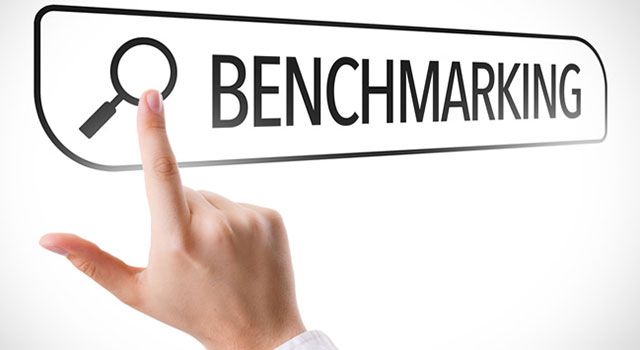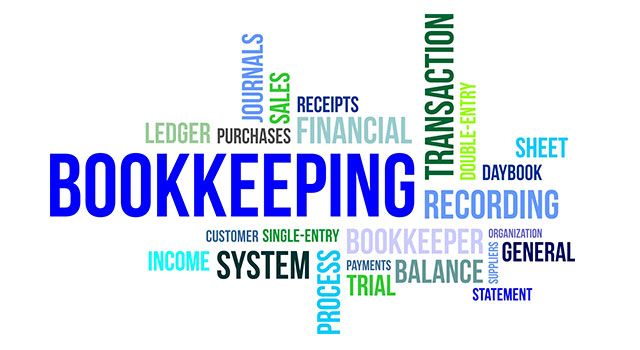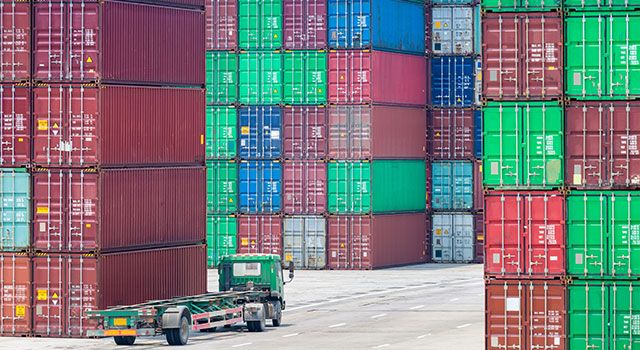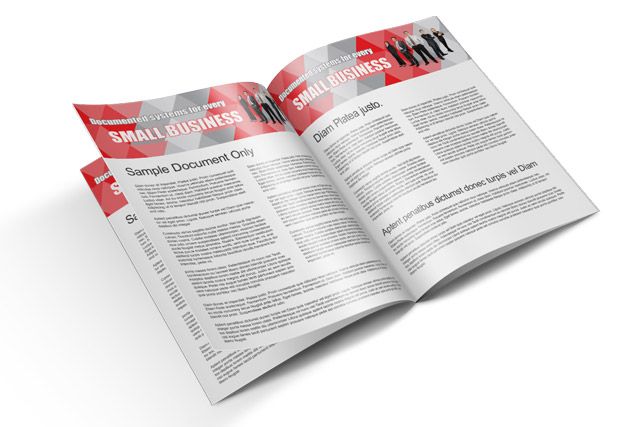
Safe Guarding your Business under the Personal Property Securities Act
Issue 0003
The Personal Property Securities Act (PPSA), which was first introduced two years ago by the previous Labour government, is now fully operational.
With the PPSA comes the Personal Property Securities Register (PPSR). This legislation represents a major change to commercial law in Australia. In fact, a number of people have made the comment ‘Title is no longer King’.
The change in legislation means that businesses need to consider every transaction to determine whether it is necessary to register that transaction on the Personal Property Securities Register. In this podcast, I am going to try and explain to you how this legislation operates, and its possible effect on your business.
Firstly, the PPSR is a public register, where security interests over personal property may be registered and searched. For a small fee, anyone can use the PPSR, 24 hours a day, seven days a week. You can access the register at http://www.ppsr.gov.au/Pages/ppsr.aspx.
Personal property is defined as ‘all forms of property other than real estate’. This means that personal property includes a vast range of business property.
Types of transactions that might be caught up under this legislation?
Items such as:
- sale of goods under consignment;
- sale of goods with serial numbers – this includes motor vehicles but it could include boats, aeroplanes, trailers that are attached to motor vehicles;
- supply of goods utilising hire purchase agreements;
- supply of goods utilising lease agreements;
- supply of goods including Retention of Title agreements, which are commonly known as ‘Romalpa Clauses’ (but ‘Romalpa Clauses’ drafted prior to 31 January 2012 are probably not sufficient protection under this legislation);
- goods stored in someone else’s possession – this is the area on which most legal action has already been taken during the transitional stage of this legislation over the last two years. Therefore, businesses need to be looking at it very closely;
- goods attached to other goods, such as putting a new motor into a boat;
- equipment renters;
- livestock on agistment;
- share farmers for security over a crop;
- temporary work on construction sites, covering items like formwork, scaffolding and other plant and equipment;
- tradesmen’s plant and equipment;
- intangible property such as intellectual property licences;
- heavy equipment such as cranes, scaffolding, machinery, plant and equipment that is on someone else’s property;
- art work, sculptures that are on commercial consignment to an art gallery, dealers etc.;
- automotive spare parts dealers;
- second hand businesses; and
- pawn brokers.
This is a very wide group and identifies to you that there has been significant changes in commercial law, which will affect most people operating a business. (continued in podcast transcript)
Past Posts
-
 Innovation is Important for SMEs
Innovation is Important for SMEs -
 6 Steps to Boost Your Productivity and Profits
6 Steps to Boost Your Productivity and Profits -
 Tax Incentives For Early Stage Investors
Tax Incentives For Early Stage Investors -
 ESIC Targets SMEs, Inventors, Young Companies
ESIC Targets SMEs, Inventors, Young Companies -
 Early Stage Innovation Company Investor Opportunities
Early Stage Innovation Company Investor Opportunities -
 Will You Have an ESIC Story?
Will You Have an ESIC Story? -
 Are you Receiving a CFO Service from your Accountants?
Are you Receiving a CFO Service from your Accountants? -
 Succession Planning
Succession Planning -
 Business Plans
Business Plans -
 The Year for Business Advisory Services!
The Year for Business Advisory Services! -
 Are you Aware of the PPSR?
Are you Aware of the PPSR? -
 SME Operators – Accountants can Help you with Debtors’ Ma...
SME Operators – Accountants can Help you with Debtors’ Ma... -
 Happy New Financial Year
Happy New Financial Year -
 The Finalisation of the ESIC Legislation will be a Great ...
The Finalisation of the ESIC Legislation will be a Great ... -
 A Business Evaluation Review Can Assist You
A Business Evaluation Review Can Assist You -
 June is a Great Time to Prepare a Business Plan
June is a Great Time to Prepare a Business Plan -
 Businesses Need a Broad Succession Strategy
Businesses Need a Broad Succession Strategy -
 Innovation Companies are a Great Opportunity for SMEs
Innovation Companies are a Great Opportunity for SMEs -
 The PPSR – are you aware of it and how it can affect your...
The PPSR – are you aware of it and how it can affect your... -
 Debtors Management - Vital for Business Success
Debtors Management - Vital for Business Success -
 How can your Accountant assist you?
How can your Accountant assist you? -
 The Personal Property Securities Register – how do you pr...
The Personal Property Securities Register – how do you pr... -
 Legal Advice is Essential for Business Success
Legal Advice is Essential for Business Success -
 Is your accountant your trusted adviser
Is your accountant your trusted adviser -
 Is your accountant famous for adding value?
Is your accountant famous for adding value? -
 Portfolio Allocations Are Important For Effective Management
Portfolio Allocations Are Important For Effective Management -
 The Challenges To Navigate In 2015
The Challenges To Navigate In 2015 -
 Business Plans Are Important For All Businesses
Business Plans Are Important For All Businesses -
 Entrepreneurs’ Infrastructure Program
Entrepreneurs’ Infrastructure Program -
 Digital Disruption Is A Major Concern
Digital Disruption Is A Major Concern -
 Court Case Decisions on the Personal Property Securities ...
Court Case Decisions on the Personal Property Securities ... -
 Personal Property Securities Act Presents Businesses A "T...
Personal Property Securities Act Presents Businesses A "T... -
 Do You Require Additional Financial Services?
Do You Require Additional Financial Services? -
 Personal Property Securities Act – How Does It Affect Sma...
Personal Property Securities Act – How Does It Affect Sma... -
 Business Health Checks For Your Business
Business Health Checks For Your Business -
 Why Do Some Accountants Offer Chief Financial Officer Ser...
Why Do Some Accountants Offer Chief Financial Officer Ser... -
 Getting Assistance From Your Accountant To Better Manage ...
Getting Assistance From Your Accountant To Better Manage ... -
 Identifying The Services You Want To Receive From Your Ac...
Identifying The Services You Want To Receive From Your Ac... -
 What Is Business Advisory Services?
What Is Business Advisory Services? -
 Accountants Can Offer More Services Than Just Tax Returns
Accountants Can Offer More Services Than Just Tax Returns -
 Being Kept In The Loop By Your Accountant
Being Kept In The Loop By Your Accountant -
 Personal Property Securities Register – Have You Develope...
Personal Property Securities Register – Have You Develope... -
 Reducing Debtors' Days Outstanding
Reducing Debtors' Days Outstanding -
 Management of Costs - An Overview
Management of Costs - An Overview -
 Succession Planning - Why Is It Necessary?
Succession Planning - Why Is It Necessary? -
 Safe Guarding your Business under the Personal Property S...
Safe Guarding your Business under the Personal Property S...




































